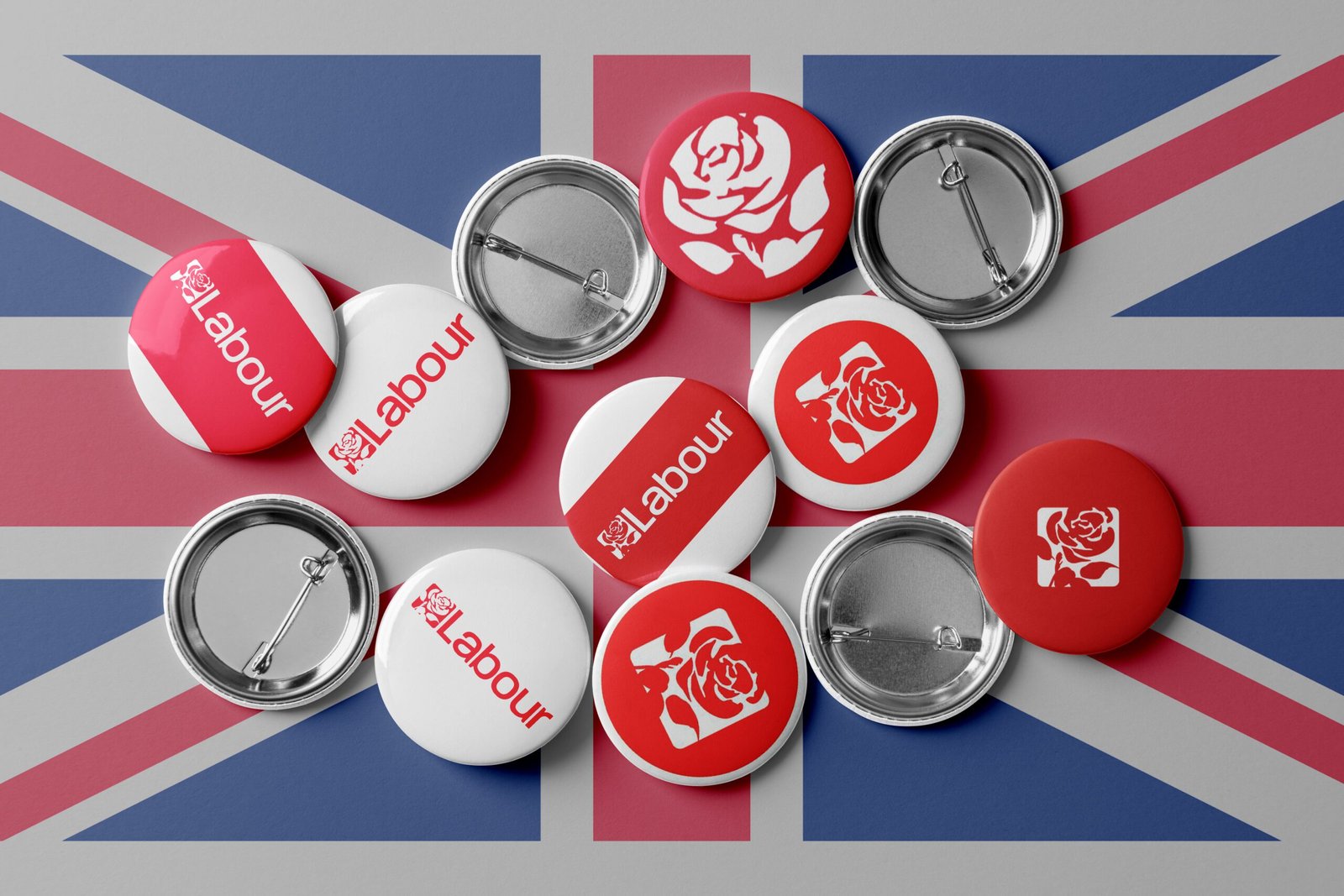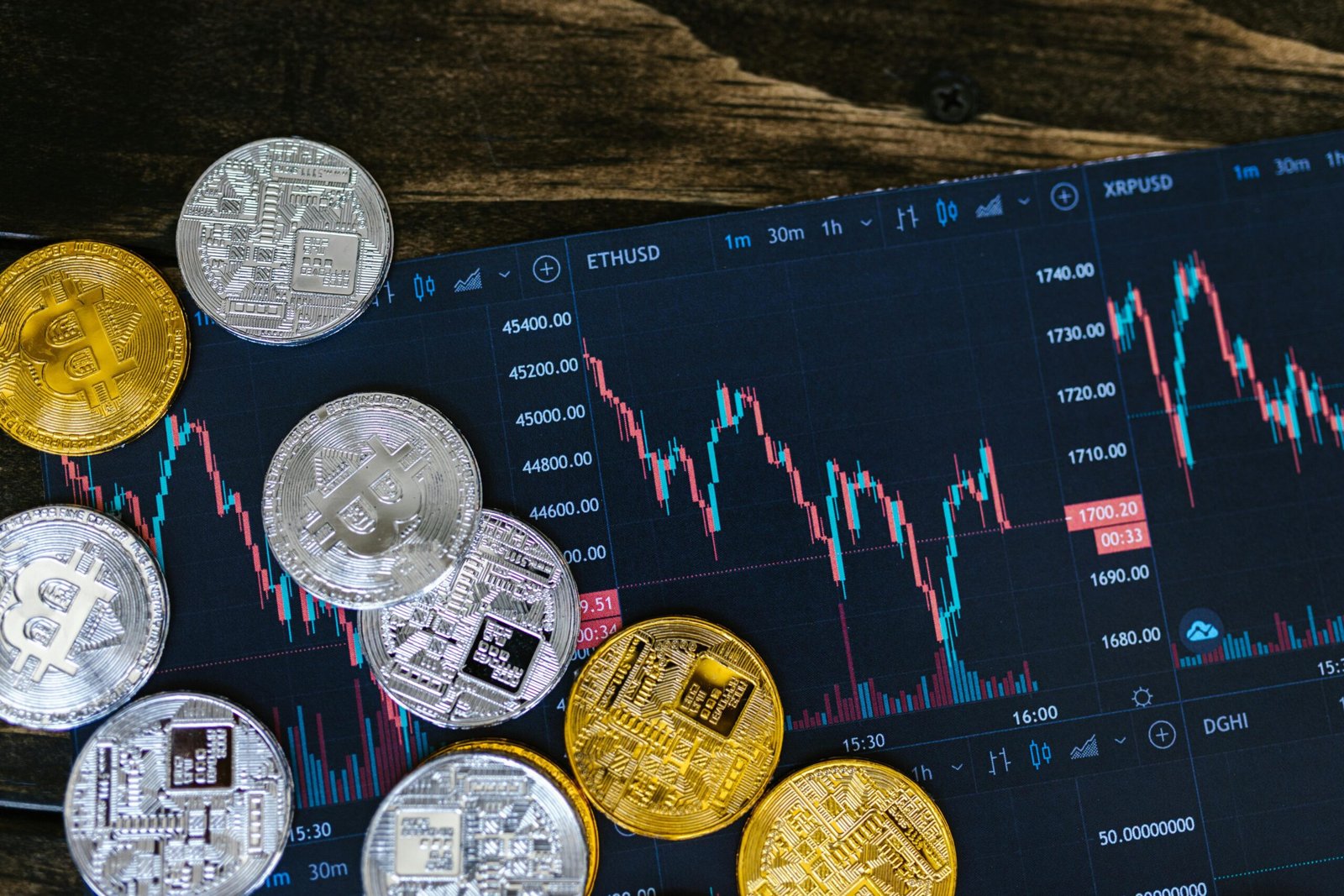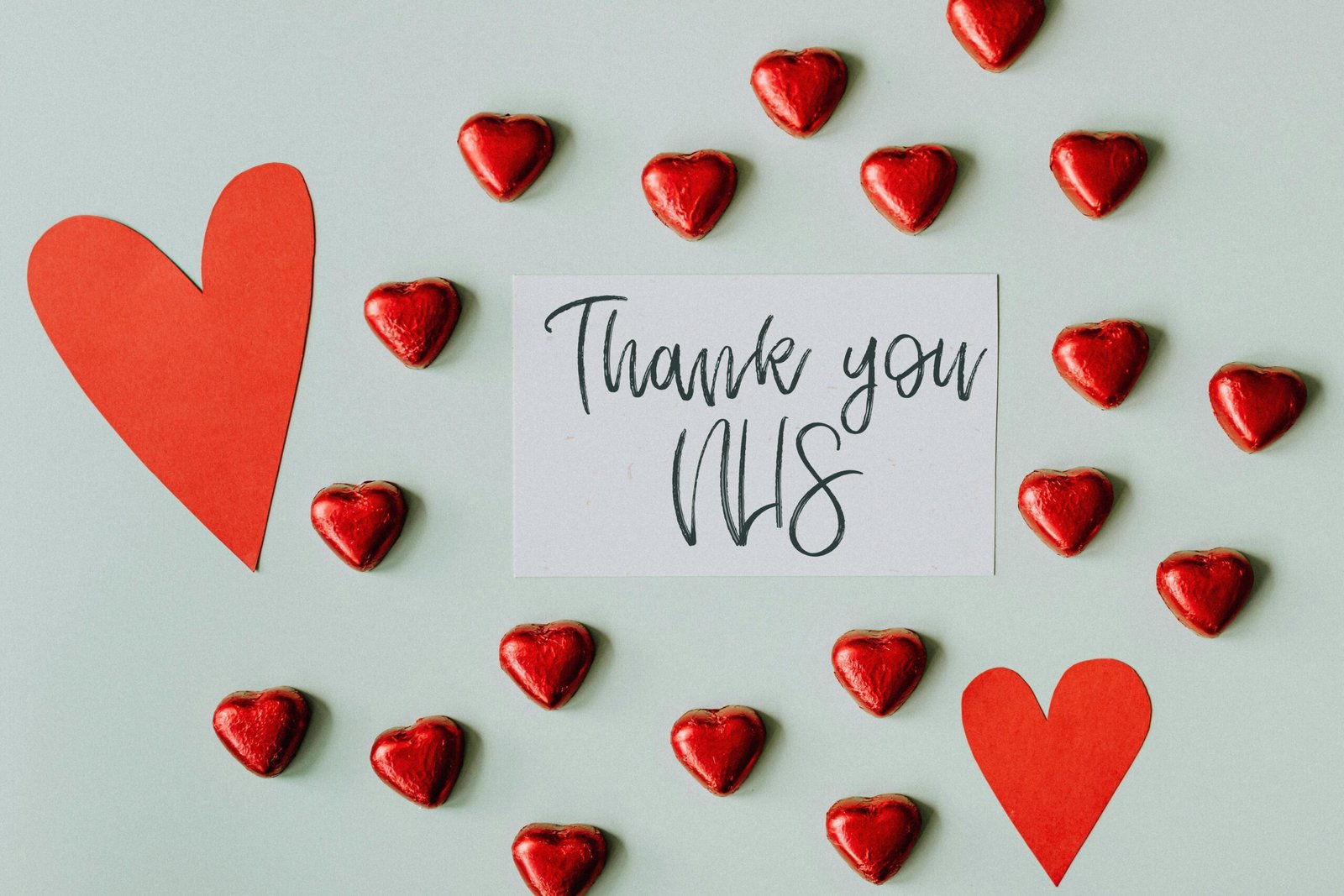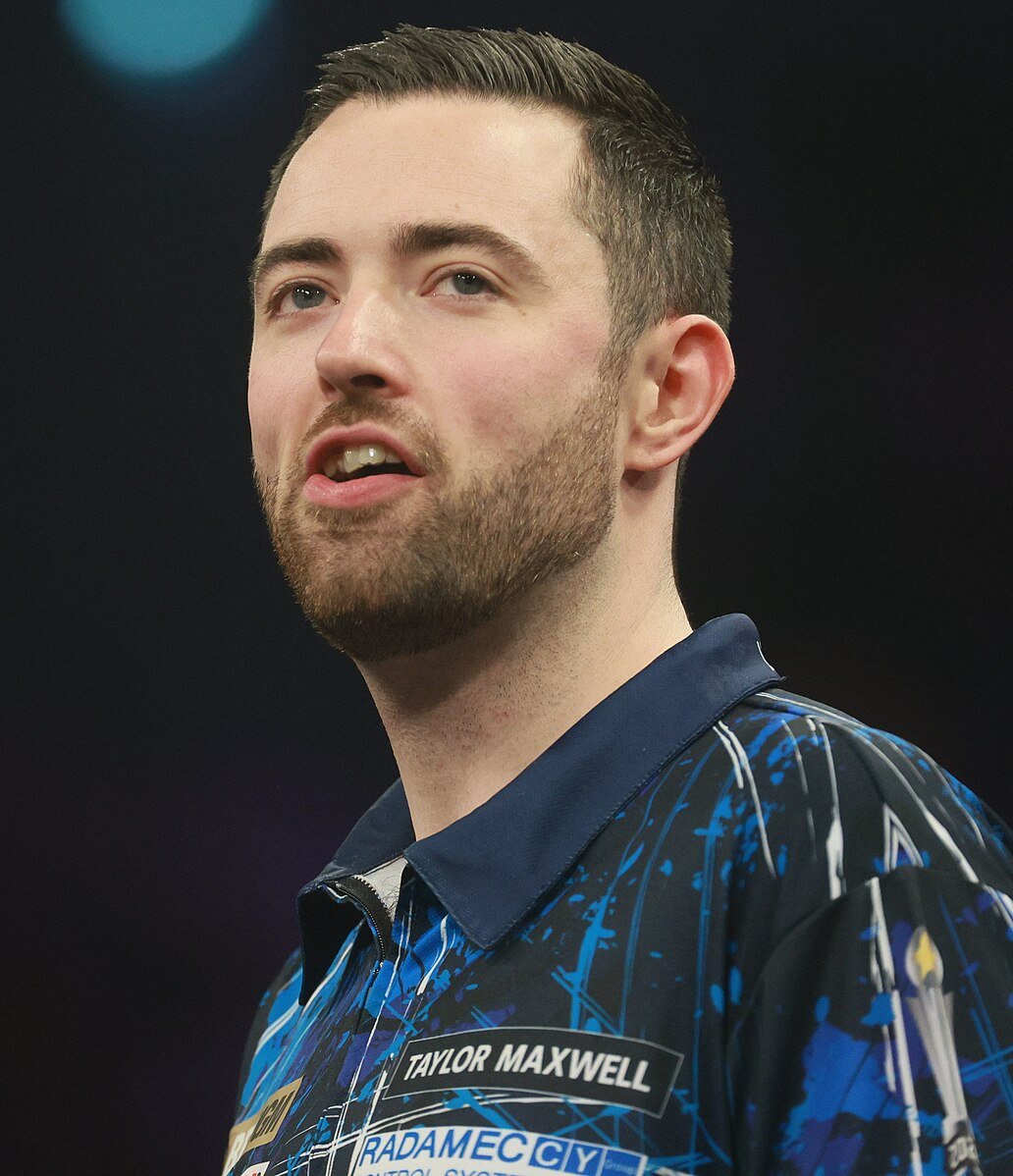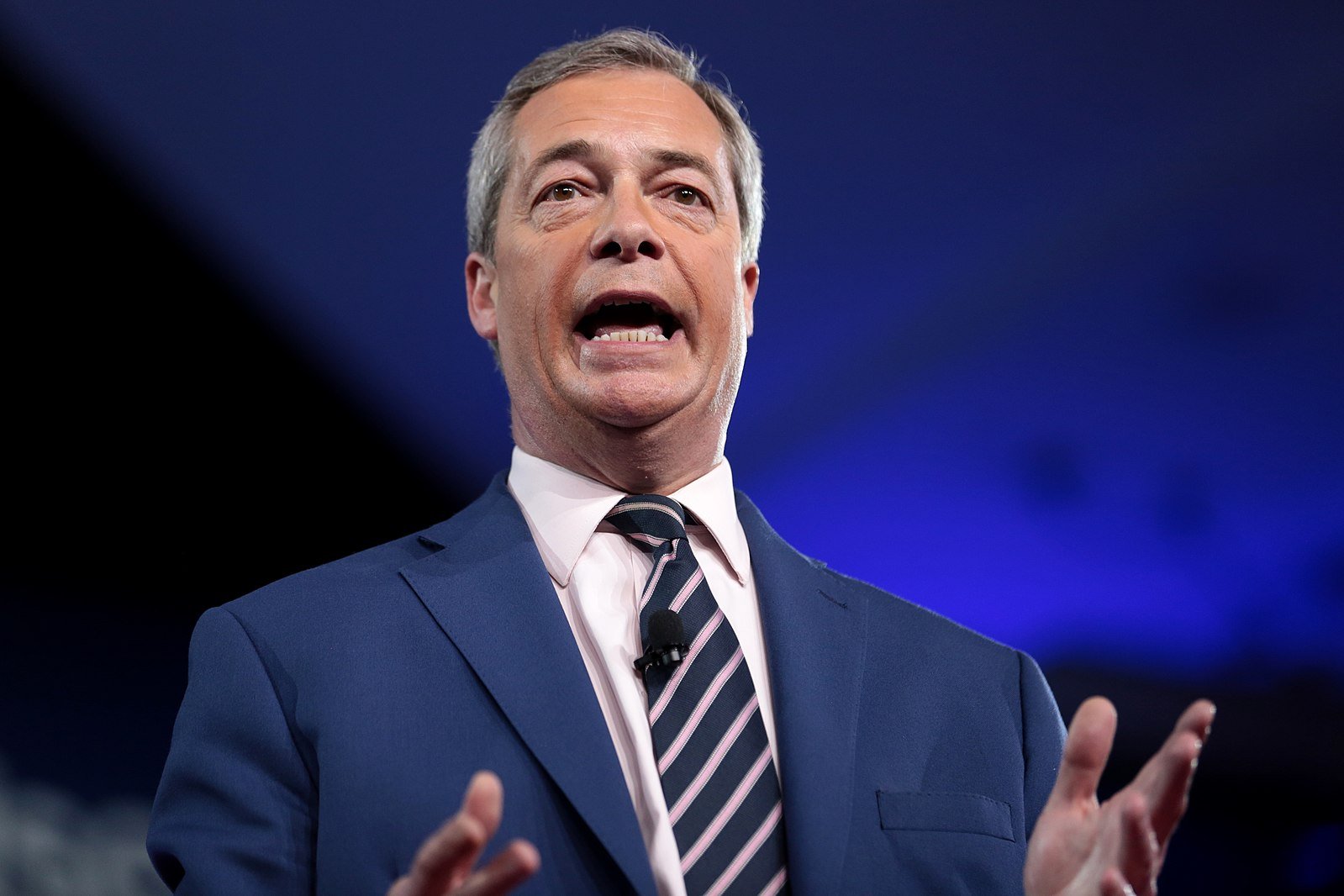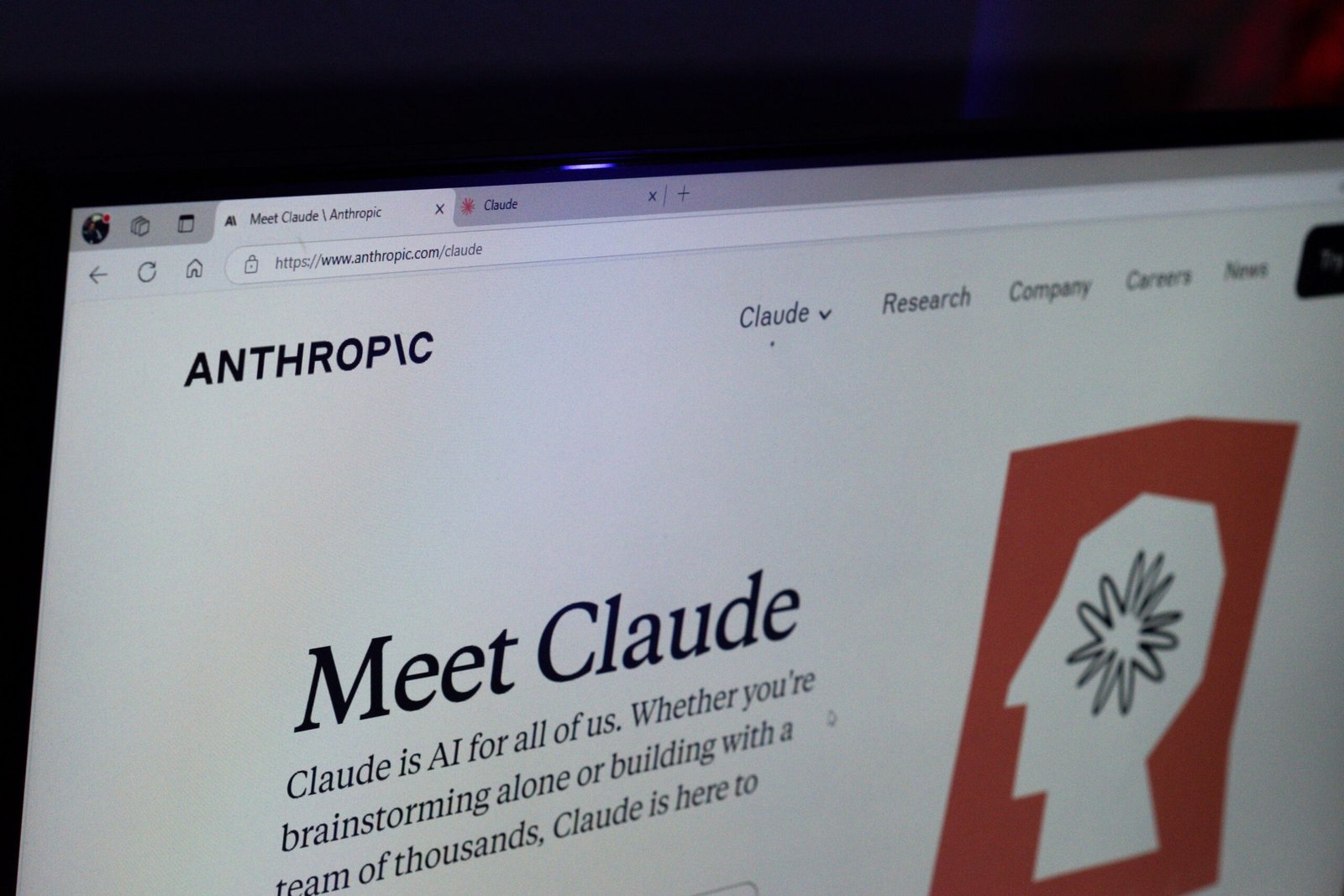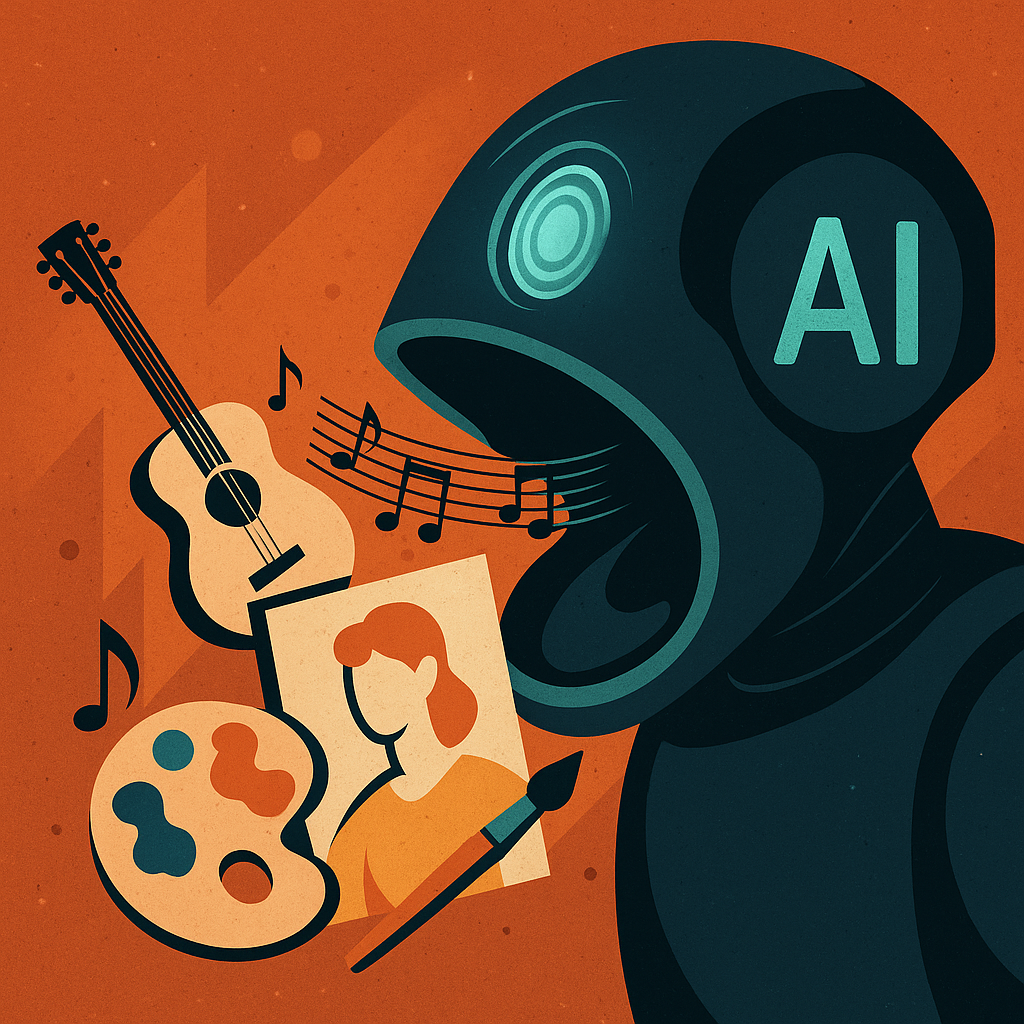
In a harmonious yet assertive chorus, over 400 of the UK’s most esteemed artists—including Sir Paul McCartney, Elton John, Dua Lipa, and Sir Ian McKellen—have united to address a pressing concern: the unregulated use of their creative works by artificial intelligence (AI) companies. This collective has penned an open letter to Prime Minister Sir Keir Starmer, urging the government to fortify copyright laws to protect the intellectual property of creators in the age of AI .
A Crescendo of Concern
The letter, signed by a diverse group of musicians, writers, and actors, underscores the anxiety within the creative community about AI models being trained on their works without consent or compensation. The artists argue that such practices not only infringe upon their rights but also threaten the UK’s position as a global leader in the creative industries.
“Allowing tech companies to exploit our work without permission undermines the very foundation of our creative economy,” the letter states. “We call upon the government to ensure that our rights are protected in this new digital landscape.”
Legislative Movements: A Note of Hope
In response to mounting pressure, the House of Lords recently passed an amendment to the Data Bill, mandating that AI developers disclose any copyrighted material used in training their models . This legislative move aims to bring transparency to AI development and ensure that creators are aware of how their works are utilised. Baroness Beeban Kidron, who introduced the amendment, emphasized the importance of balancing innovation with respect for creators’ rights. “We must ensure that the march of technology does not trample over the rights of those who enrich our culture,” she remarked during the debate.
The Government’s Stance: Striking a Chord
The government’s initial proposal allowed AI firms to use copyrighted material without explicit permission, provided that creators could opt out. However, critics argued that this approach placed the burden on artists to protect their work, rather than on companies to seek consent. Following the Lords’ amendment, the government has indicated a willingness to reconsider its position. A spokesperson stated, “We are committed to fostering innovation while safeguarding the rights of our creative community. The concerns raised will be thoroughly examined as we refine our approach.”
A Global Symphony of Issues
The UK’s debate mirrors global discussions on AI and intellectual property. In the United States, for instance, the recent dismissal of Shira Perlmutter, head of the US Copyright Office, by President Trump has sparked controversy. Perlmutter had expressed reservations about loosening copyright laws for AI firms, a stance that reportedly clashed with the administration’s tech-friendly agenda . These developments highlight the complex interplay between technological advancement and the protection of creative rights—a dance that nations worldwide are navigating.
Looking Ahead: Harmonising Innovation and Rights
As AI continues to evolve, the challenge lies in crafting policies that encourage innovation without compromising the rights of creators. The UK’s creative community has made its position clear: transparency and respect for intellectual property are non-negotiable. In the words of Sir Paul McCartney, “We must ensure that the future of technology doesn’t come at the expense of the artists who inspire and entertain us.”
https://www.theguardian.com/technology/2025/may/12/house-of-lords-pushes-back-ai-plans-data-bill
